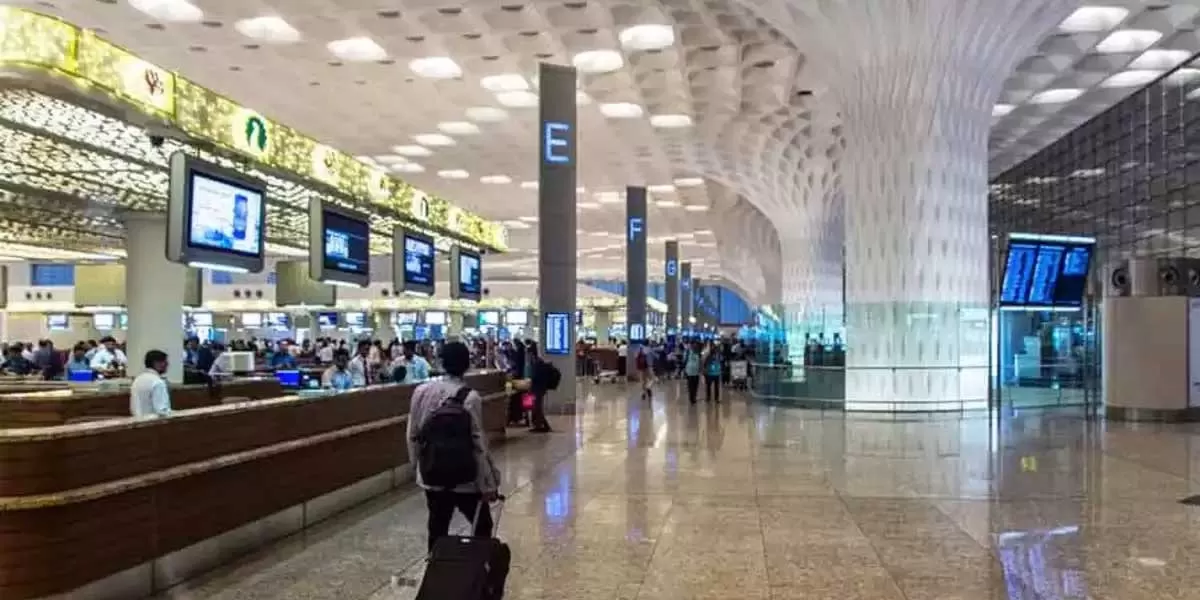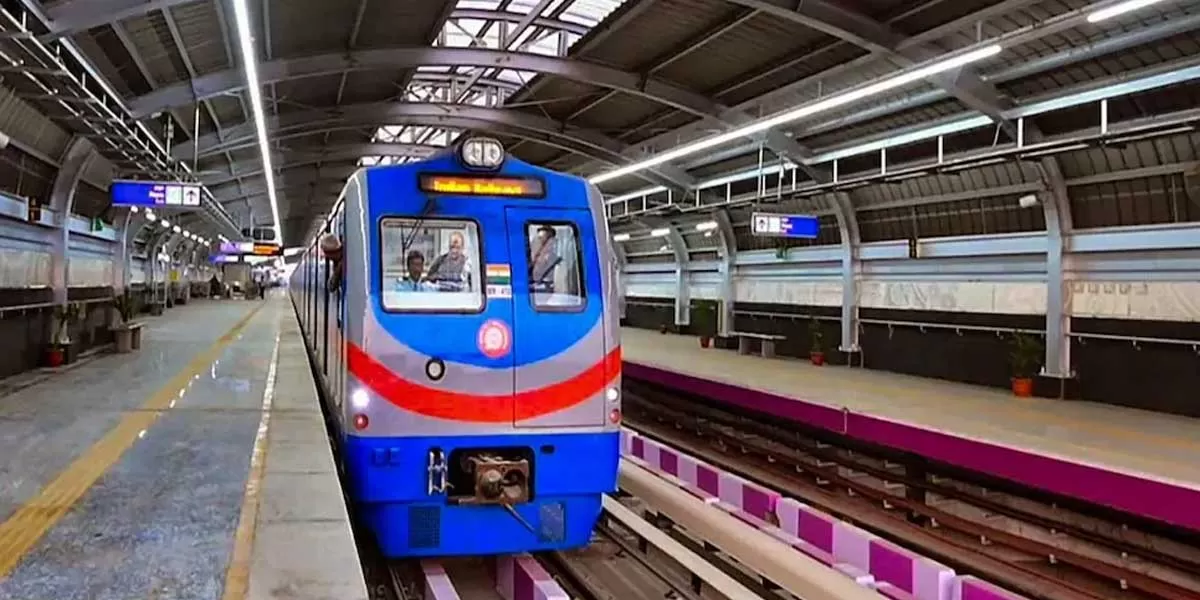
RBI: increases the Repo Rate to 4.40% to keep inflation under control
Redefine the future of urban mobility! Join us at the Metro Rail Conference 2025 to explore groundbreaking ideas and insights. 👉 Register today!

Navi Mumbai Airport to Ease General Congestion at Mumbai Airport
Mumbai’s growing aviation congestion has prompted plans to relocate most business jets, turboprops, and charter aircraft from the city’s airport to Navi Mumbai International Airport (NMIA) by year-end. Currently, these aircraft are parked in general aviation bays off the main runway of Mumbai Airport. A spokesperson for Adani Airports Holdings Ltd confirmed that NMIA, set to commence operations in 2025, will feature advanced infrastructure, including dedicated hangars for private and charter aircraft. The transition aims to create additional aeronautical assets at Mumbai Airport, which wi..

Nagpur Airport Expansion Clears Land in Shivangaon Village
As the handover of Nagpur Airport to GMR progresses, the Maharashtra Airport Development Company (MADC) has initiated a drive to clear land in Shivangaon village for the planned airport expansion. The project, expected to be completed within a month, includes constructing a second runway that will pass through the village. Many residents were relocated to Chinchbhuvan in 2016-17, with land compensation provided for this purpose. While some villagers moved, others remained, with some renting out their homes or allowing relatives to stay in Shivangaon. Currently, a 13-hectare section of land i..

Kolkata Metro's East-West Corridor Begins CBTC Signalling Work
Kolkata Metro's East-West Corridor reached a historic milestone as the Communications-Based Train Control (CBTC) signalling system work commenced for the entire stretch from Howrah Maidan to Sector V. This marks a major step toward linking Howrah with Sealdah, two of the busiest stations on Eastern Railway. The project overcame challenges, including the Bowbazar tunneling crisis, and successfully connected Sealdah and Esplanade Metro stations. In addition, the electrical works related to the aluminium third rail are nearing completion, with the electrical inspector scheduled for a statutory i..















